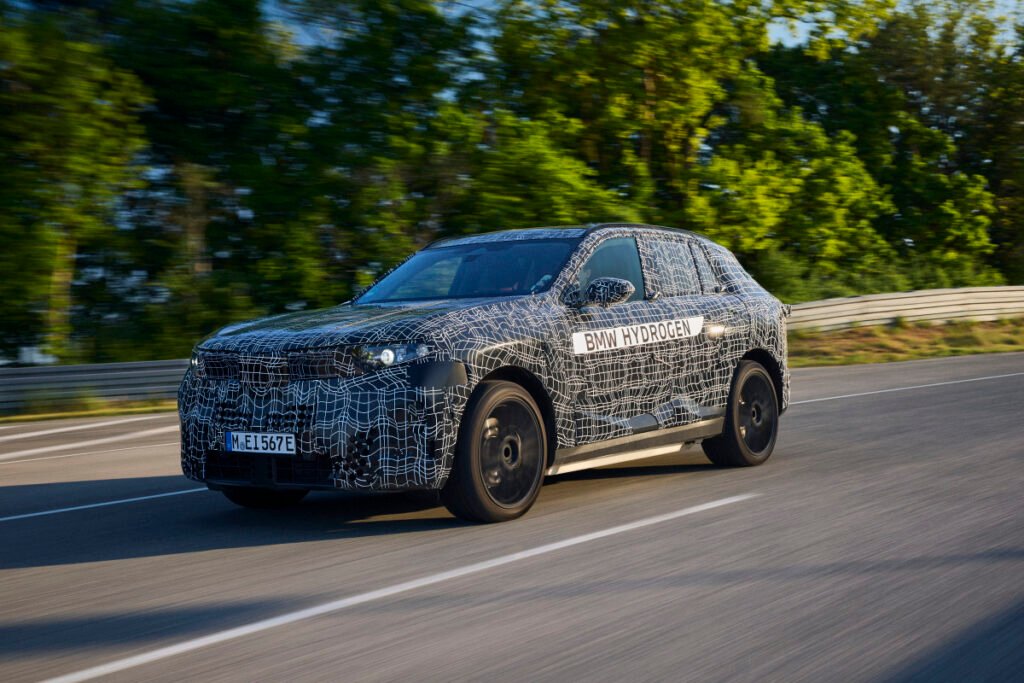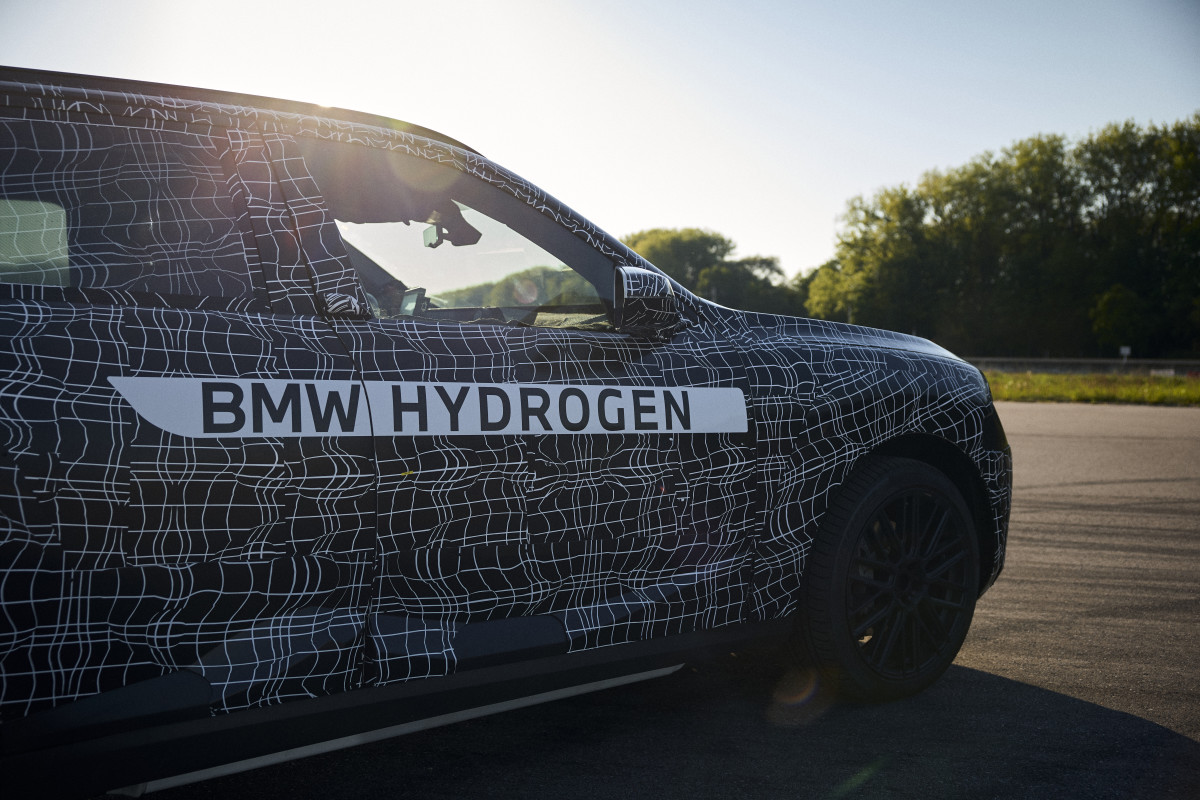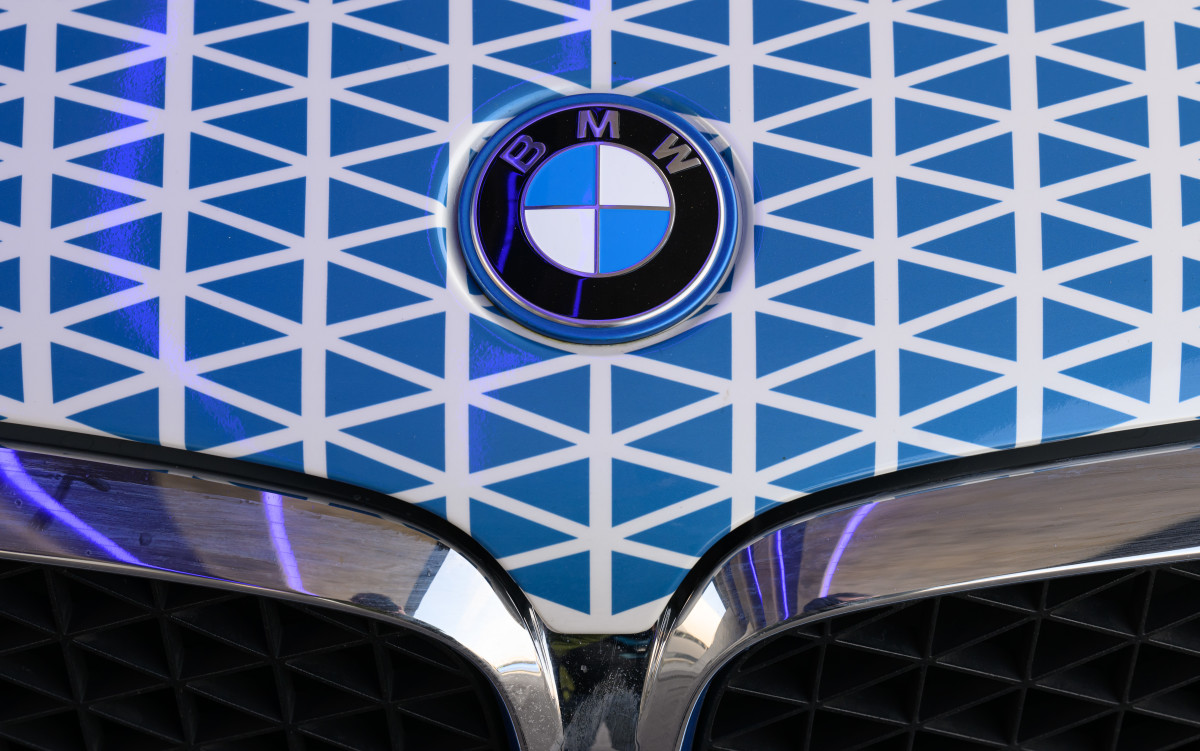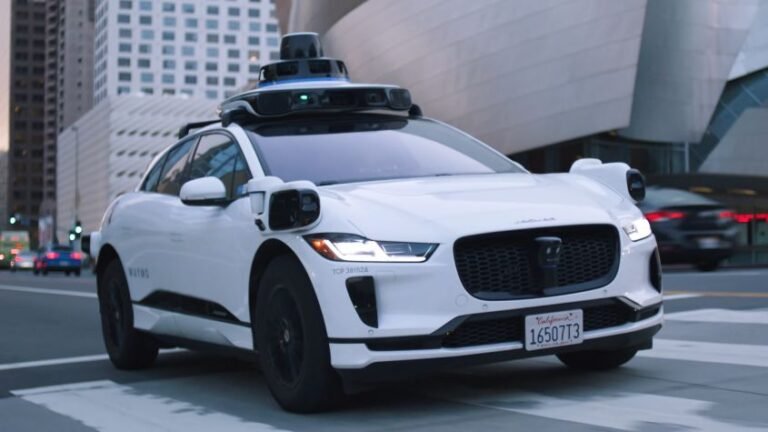
BMW isn’t giving up on hydrogen either
BMW might appear to be all-in on electrification, but the automaker is still making sure its lineup is diversified. Now, for the first time, BMW’s new X5 will be available in five unique drivetrain options: battery electric, plug-in hybrid, gasoline, diesel (for markets outside the United States), and hydrogen fuel cell.
Hydrogen fuel cell technology is not new to BMW or the X5. Hydrogen has been an option on the X5 for quite some time, but it has only been available to select markets. Now, anyone who wants to go hydrogen can get a high-end SUV with a hydrogen fuel cell, no matter where they live.
BMW
Why BMW is making a hydrogen X5 available
Like any new automotive powertrain technology, there’s a dynamic of adoption that helps push the boundaries. When electrification was nascent, there weren’t many public charging stations. Now you can charge your EV at a Walgreens.
Hydrogen fuel cell tech faces a similar issue with adoption. It’s costly to produce hydrogen at scale, and there’s a lack of refueling infrastructure. Hydrogen is also produced using fossil fuels, which is something we’re all pretending we can stop using any time soon.
“By launching the new BMW X5 with a choice of five drivetrain variants, we are once again demonstrating our leading position as a technology pioneer,” says Joachim Post, Member of the Board of Management of BMW AG, Development. “Hydrogen has an essential part to play in global decarbonization, which is why we are committed to driving the technology forward.”
BMW
Why a hydrogen X5 matters for BMW (and you)
Diversification is essential; as we move away from the mass-consumption of fossil fuels, we will need options other than electrification. Full EVs aren’t great for colder climates, but hydrogen would meet the needs of most in those areas. We are all enamored with EVs, but they aren’t a silver-bullet solution for human mobility.
A mass-produced hydrogen X5 (sorry, BMW is calling it the iX5 Hydrogen) may help hydrogen adoption, too. Just as Tesla rocketed EVs off the edge and into the mainstream, more hydrogen vehicles in production will (hopefully) spur more infrastructure for hydrogen. Though hydrogen requires fossil fuels to produce, hydrogen cars don’t emit greenhouse gases from their tailpipes, which helps improve overall air quality. Refueling is quick, and existing gas stations can ultimately be retrofitted to accommodate hydrogen.
For the iX5 Hydrogen, BMW is working with Toyota on a third-generation hydrogen fuel cell system, which offers a more compact design that is more powerful and efficient. BMW also claims it will increase overall range and power output while reducing the vehicle’s energy consumption.

Final thoughts
Hydrogen isn’t perfect. It’s a reactive fuel, and we don’t yet have a “green” method for producing it. As hydrogen vehicles become more available, there’s hope that new methods will be introduced to solve that issue. Even if those technologies arrive slowly, hydrogen remains a cleaner option than gasoline.
I drove an iX5 Hydrogen before it became a production vehicle, and there was no compromise to the driving experience. It’s quick off the line like an EV, refuels quickly like a gas-powered vehicle, and offers little engine or ride noise. I’ll stop short of calling the “happy medium” in cars, but it’s a technology I’d prefer to see a lot more of from a variety of automakers.



